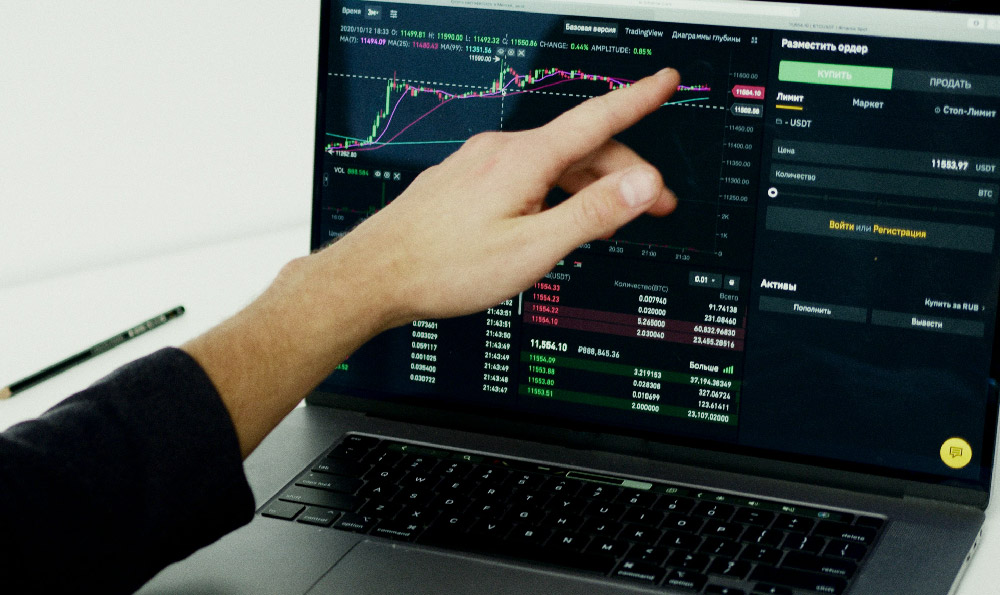Natural gas, a vital component of the global energy mix, presents a multifaceted investment opportunity that appeals to a diverse range of investors. Understanding the nuances of natural gas investing, from the underlying market dynamics to the available investment vehicles, is crucial for navigating this potentially lucrative but also inherently volatile market.
Why invest in natural gas? The rationale stems from several key factors. Firstly, natural gas is a relatively cleaner-burning fossil fuel compared to coal and oil. As the world transitions towards cleaner energy sources, natural gas is often seen as a bridge fuel, playing a crucial role in reducing carbon emissions while renewable energy infrastructure is further developed. This growing demand translates into long-term investment potential.
Secondly, natural gas serves a multitude of purposes. It's used for electricity generation, heating homes and businesses, and as a feedstock for various industrial processes, including the production of fertilizers and plastics. This diverse application base insulates it to some extent from fluctuations in specific sectors. Economic growth, particularly in developing nations, often leads to increased demand for energy, including natural gas, further bolstering its investment appeal.

Thirdly, geopolitical factors significantly influence the natural gas market. Production disruptions, pipeline outages, and political instability in major gas-producing regions can lead to supply shortages and price spikes. For astute investors, understanding and anticipating these geopolitical risks can present opportunities for profit.
Now, how can one invest in natural gas? Several avenues are available, each with its own risk-reward profile.
One of the most direct ways is through natural gas futures contracts. These are agreements to buy or sell a specific quantity of natural gas at a predetermined price and future date. Futures trading offers high leverage, meaning that a relatively small investment can control a large quantity of natural gas. This can lead to substantial gains, but also significant losses if the market moves against the investor's position. Futures trading requires a high degree of market knowledge, risk tolerance, and active management. It's generally suitable for experienced traders.
Exchange-Traded Funds (ETFs) provide a more accessible and diversified way to invest in natural gas. Natural gas ETFs typically track the price of natural gas futures contracts. This allows investors to gain exposure to the natural gas market without directly trading futures themselves. Some ETFs track a single month futures contract, while others hold a basket of contracts with varying expiration dates, which can help mitigate the impact of contango (a situation where future contract prices are higher than spot prices). Natural gas ETFs are suitable for investors who want a relatively simple way to participate in the market and are willing to accept the inherent volatility.
Another option is investing in companies involved in the exploration, production, transportation, and distribution of natural gas. This includes upstream companies (those involved in drilling and production), midstream companies (those involved in pipelines and storage), and downstream companies (those involved in distribution to end-users). Investing in these companies offers exposure to the broader natural gas industry and can provide diversification benefits. The performance of these companies, however, is influenced not only by natural gas prices but also by their individual operational efficiency, management quality, and financial health. Thorough research and due diligence are essential before investing in natural gas-related companies.
Master Limited Partnerships (MLPs) are another investment vehicle that primarily focuses on midstream assets, such as pipelines and storage facilities. MLPs are structured as partnerships and typically distribute a significant portion of their cash flow to investors in the form of distributions. Investing in MLPs can provide a steady stream of income, but it's important to understand the tax implications and the specific risks associated with the MLP structure.
Direct investment in natural gas properties is also possible, although this is generally limited to sophisticated investors with significant capital and expertise. This involves acquiring ownership of gas wells or mineral rights. It requires a deep understanding of geology, engineering, and regulatory compliance.
Before making any investment decisions, it's crucial to carefully consider your risk tolerance, investment horizon, and financial goals. Natural gas investing can be volatile, and prices can fluctuate significantly in response to factors such as weather patterns, economic conditions, and geopolitical events. Diversification is essential to mitigate risk. Don't put all your eggs in one basket. Consider allocating a portion of your portfolio to natural gas investments, alongside other asset classes such as stocks, bonds, and real estate.
Furthermore, staying informed about market trends, industry news, and regulatory changes is crucial for successful natural gas investing. Monitor weather forecasts, energy reports, and government policies that could impact the supply and demand for natural gas. Consult with a qualified financial advisor to discuss your investment objectives and develop a personalized investment strategy. They can provide expert guidance and help you navigate the complexities of the natural gas market.
In conclusion, natural gas investing offers potential opportunities for growth and income, but it's not without its risks. A thorough understanding of the market, the available investment vehicles, and your own risk tolerance is essential for making informed investment decisions. By carefully considering these factors and diversifying your portfolio, you can increase your chances of achieving your financial goals in the natural gas market. Remember to always do your own research and consult with a financial professional before making any investment decisions.












